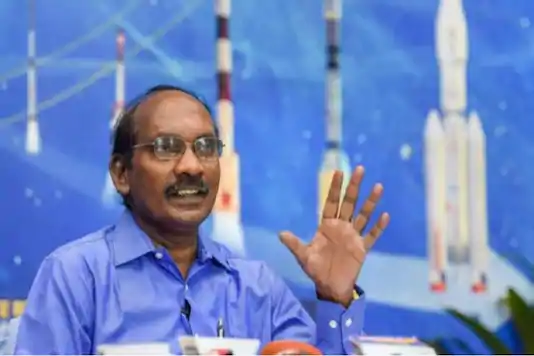ISRO to Open Labs to Pvt Firms Looking to Build Rockets & Satellites Without Infra Investment
- The Tech Platform

- Jun 29, 2020
- 3 min read
Space-based services have thus far only been provided by ISRO, but Sivan feels that private players would also be able to deliver the same at a competitive cost once the sector opens up.
The Indian Space Research Organisation (ISRO) will open its labs, testing facilities, quality checks and vibration simulators to private companies so that interested firms could focus ISRO chief K Sivan said the private sector will play on their projects without having to worry about a bigger role than just being a supplier of components. investing in infrastructure.
(PTI file photo)
The space agency, which said it whole-heartedly welcomes private sector's participation beyond just supplying of materials and components, had announced on Thursday that it would hand-hold all space enthusiasts — whether start-ups or academia or private companies — in taking up challenging projects like building rockets and satellites.
"Basically, to do these activities, large facilities are required. We are making it easy for them by allowing them to use our facilities. They need not build these on their own," Sivan told News18 in an interview.
This major thrust to the private sector will not only encourage more companies to get involved in space-based activities but would also enhance job opportunities, in turn bringing down the cost of space-based services like transponders.
Space-based services have thus far only been provided by ISRO, but Sivan feels that private players would also be able to deliver the same at a competitive cost once the sector opens up.
The Central government on Wednesday announced the setting up of a regulatory body called Indian National Space Promotion and Authorisation Centre (IN-SPACe) that will formulate the legal, technical and other parameters within which private companies can take up space projects. The agency will be operationalised in three to six months, but companies that are interested can start applying now by sending their proposals to ISRO.
The push for privatisation of the space sector would help create jobs at a time when the lockdown and the Covid-19 pandemic has severely affected jobs across all sectors, Dr Sivan said.
The cost of services for consumers, too, will come down eventually if private players take up projects like making transponders for communication satellites at competitive costs.
"There are about five to six start-ups which are working in the space sector, they build small satellites, some are doing rockets, spacecraft, working on space applications. But I hope big companies too will come into this, till now they have not, but I hope they will," the chairman said.
The space agency's last two major collaborations with private companies on building spacecraft — first with Devas Aerospace and later with TeamIndus - both did not end well. While the Devas deal to send up satellites for S-band transponders was called off after a whiff of a scam, the attempt by TeamINdus to send up a lander and rover to the moon on an ISRO rocket could also not materialise.
But the private sector is still enthused by the promise that these reforms hold.
"Policy certainty, an enabling ecosystem and access to infrastructure are critical for Space programs given their long lead times and large budgets," TeamIndus said in a statement reacting to the government's announcements.
"We believe the impact of this move will go beyond the local economy on to the global aerospace economy. The move is expected to accelerate the existing initiatives and seed several new ventures throughout the supply value chain," TeamIndus said.
"I just hope the new mechanism will enable them (private companies) to do the job continuously, without a break," Sivan remarked, asked about these collaborations.
Source: paper.li







Comments